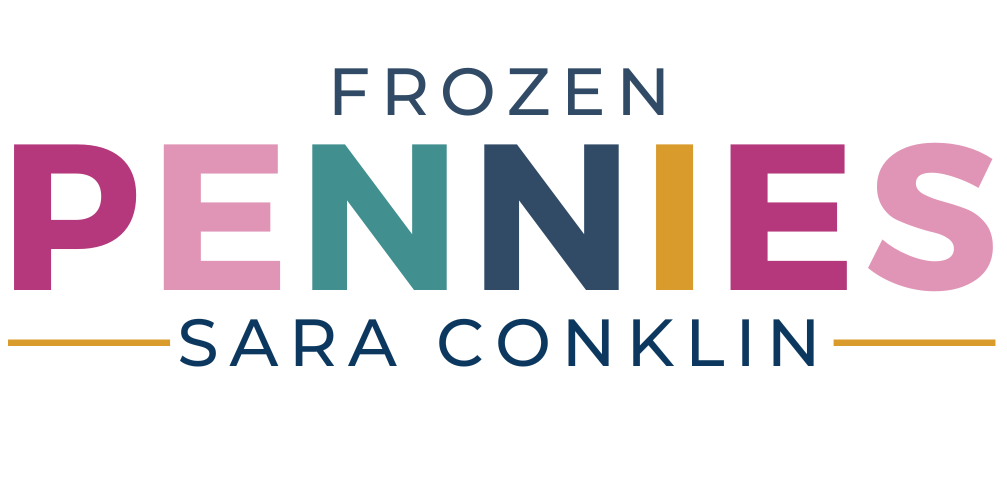I Tried the 50/30/20 Budget… And This Happened
I am a huge fan of Dave Ramsey. Mostly, I follow his entire plan and believe what he teaches. I love cash, and I don’t love owing money to anyone.
I am almost debt free and like how he explains how to budget. I just paid off my student loan and am sipping a glass of champagne as I write this.
But I do understand that there are other ways to budget your money. Other knowledgeable people have explored the alternatives, so I would also like to look into these alternatives.
A money theory called the 50/30/20 Rule breaks down how to spend your money. It is taken from the book, “All Your Worth: The Ultimate Lifetime Money Plan” by Elizabeth Warren and Amelia Warren Tyagi.
Broken down into three main categories, Elizabeth and Amelia write about must-haves, wants, and savings.
50% of your earnings should be allocated to must-haves.
The first step is to look at the must-have category. This includes anything that you must have to survive.
Rent or mortgage payments, utilities, phone service, car payments, home insurance, health insurance, taxes, other health-related costs, gas, basic food needs, and legal obligations like student loans. Don’t forget something like public transportation costs or money for gas if you drive to and from work. It also includes anything you have a contract to pay, like cell phones, gym membership, or satellite TV, and other legal obligations like child support.
20% of your earnings go into savings.
Savings are a little misleading here because it doesn’t all go into your savings account, as this includes any other debt you may have. Not only are you looking at things like your 401K contributions into your retirement account, but you are also looking at your credit card debt, including your minimum payments and anything extra that you pay on your other must-haves.
30% of your earnings is spent on wants.
This is discretionary spending and could be anything that you want. From a pedicure every three weeks to a trip to Paris. From a Grande Soy Latte to a Michael Kors purse, this is where the wants category comes in.
The theory is that life is not sustainable if you aren’t having fun while you do it. I found cable TV a want, as long as you don’t have a contract with the cable company.
Although, sometimes, those contracts can be broken with a simple verbal request.
Or it might be streaming services if you have kids. These are usually month to month, so that’s a great way to add for a while, but stop if you are near your spending limits for your needs category and want to reduce the wants.
Here’s the challenge.
The book is excellent because it offers worksheets to get down and dirty with your numbers. And it also scores you and gives you great advice based on your scores.
But what if your numbers don’t add up to the correct percentages? Elizabeth and Amelia give great tips on how to make your numbers add up. Tips like using cash and cutting out things like cable or satellite TV. The typical stuff to get your numbers to balance out.
If you have taken the quizzes and think there is no way you can get your budget to align with those percentages, you will have to make those cuts.
Just try improving your numbers.
If you have completed everything and noticed your must-haves are at 63%, your savings are at 4%, and your wants are at 33%, can you decrease those must-haves by canceling some of those contracts? Can you reduce your wants to 30% by skipping a couple of date nights?
The goal is to take 20% of your income and put it toward debt. The authors say to start with the debt that bothers you the most. If you have a loan with your Aunt Martha that weighs on your mind, pay that off first. Or if your student loan makes you crazy every time you write that check, knock it out before anything else.
This is precisely what we have done and why my house and student loans are paid off, and my car is not. It was about emotion for me. Now that the only thing left to pay on is autos, those will be gone in no time!!
Practical Tips to Implement the 50-30-20 Budget Rule
Changing your lifestyle can significantly impact your ability to adhere to the 50/30/20 Rule. Begin by assessing your current spending habits. This might mean tracking your expenses for a month or two to understand where your money goes clearly. Be honest with your assessment and categorize your spending into ‘must-haves,’ ‘wants,’ and ‘savings.’
Once you have a clear image of your financial situation, you can start making adjustments. Prioritize reducing expenses on ‘wants’ that you can live without. For example, consider cooking at home more often instead of eating out or choosing cost-effective entertainment alternatives.
Remember that debt reduction is an essential part of savings. Prioritize paying off high-interest debts first to lessen the financial burden over time.
Finally, consider ways to increase your income. This might involve asking for a raise at work, starting a side gig, or investing in assets that can generate passive income. The goal is to enhance your earnings to make adhering to the 50/30/20 Rule easier.
Implementing the 50/30/20 Rule might require patience and discipline at first. But, with time, this budgeting method can become second nature and allow you to gain control over your financial future.
You can use a budgeting app or a printable to organize and run your system. The key is to find a system that works well with the 50-30-20 Rule and that you feel happy using.
Similarities and differences with Total Money Makeover.
They both believe that debt is terrible.
They both believe a $1,000 starter emergency fund is all you need to begin.
AYW says one credit card for emergencies is okay, while TMM says to cut them up and never use them.
TMM says to list your debt from smallest to largest, while AYW leans more toward emotional debt reduction.
AYW believes in 30% spending money and only 20% debt repayment, while TMM prefers the debt snowball method.
Not everyone is the same, and many great methods exist to get out of debt. I firmly believe in finding your path as long as it doesn’t take you 15 years to do it. But, you have to know yourself. I am terrible with plastic. I know that about myself. Good on you if you are good with credit cards and won’t overspend, AND you will pay them off each month.
But, get real with yourself here. Be honest and own your actions.
How to Adjust the 50/30/20 Rule to Fit Your Lifestyle
The 50/30/20 Rule might not perfectly fit everyone’s lifestyle or financial situation due to varying take-home income levels, living expenses, personal preferences, and financial goals. That’s perfectly okay. The beauty of this Rule lies in its flexibility and adaptability.
Start by examining your current spending habits under the 50/30/20 lens. Are there areas where you consistently overspend? Are there specific categories where you could cut back without drastically affecting your quality of life?
If your ‘must-haves’ exceed 50% of your income, exploring ways to reduce these costs might be worthwhile. This could involve downsizing your living space, negotiating cheaper utility rates or insurance premiums, or looking for more affordable transportation options.
If you cannot save 20% of your income, it might signal to examine your ‘wants.’ Are there non-essential expenses you could cut back on? Could you opt for cheaper alternatives or even eliminate specific wants altogether?
Remember, the 50/30/20 Rule is a guideline, not a hard-and-fast rule. The goal is to help you achieve a balanced budget that aligns with your financial goals and lifestyle. If you can accomplish this with a 40/30/30 or 60/20/20 split, that’s fine. What matters most is your conscious, informed decisions about your money.
Final Thoughts on the 50/30/20 Rule
There are many ways to achieve your financial goals and manage your monthly income. I’ve found this budgeting method to work well for me. If you know how much money you have in your bank account, you can better control your spending and even increase debt payments to get debt-free sooner.
It is a simple way to approach budgeting if you have never tried it before. So, do you think it is the right approach for you?

